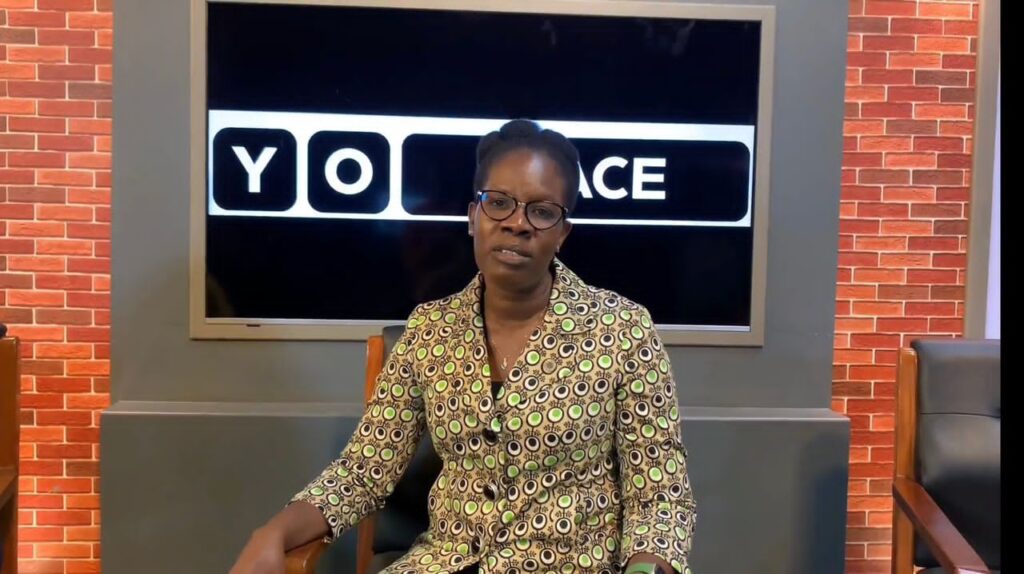By Gerald B. Kasiba
In an era dominated by an overwhelming amount of information, the media has emerged as a formidable force shaping public opinion, exposing wrongdoing, and holding those in power accountable. However, in the midst of a constant barrage of news, it is crucial to question whether society truly values and appreciates the indispensable role played by the media. This story delves into the nuances of this relationship, exploring the challenges faced by the media and the imperative for society to recognise and support its vital contributions.
The media, encompassing newspapers, television, radio, and online platforms, serves as the fourth estate—a watchdog for the public, upholding authorities’ accountability, and disseminating vital information. It acts as a bridge connecting the masses to political, social, and economic events on a national and global scale.
Catherine Nakabugo, a third-year journalism student at Uganda Christian University (UCU), emphasises the media’s remarkable influence in shaping public opinion, driving conversations, challenging norms, and igniting change. “The media undeniably wields significant power and responsibility in influencing public sentiment,” said Nakabugo.
Ereneo Kunobwa, an economist at Mpigi District local government, recognises the media’s role in keeping him connected and informed about global events. Through investigative journalism, unbiased reporting, and critical analysis. “Journalists strive to uncover the truth and present it to the public, said Kunobwa.
He added that the journalists’ dedication to revealing corruption, promoting transparency, and facilitating public discourse is essential for a healthy democracy to thrive.
Patricia Achan, the Deputy IGG, highlights how the media brings to light global happenings and appreciates its reliability in the fight against corruption.
Hannah Arinaitwe, a TV host at UBC, attests that Ugandans do appreciate quality news, as exemplified by their engagement with investigative stories and in-depth conversations such as ‘The Barometer’ on UBC. This emphasises the importance of well-researched, transparent, and principled journalism.
The media plays a fundamental role in shaping public sentiment, informing and swaying opinions, exposing injustices, and fueling debates around societal issues. “By reporting objectively and responsibly, the media cultivates an informed citizenry, leading to an engaged and participatory democracy,” said Arinaitwa.
Nevertheless, society’s appreciation for the media’s role often faces scrutiny due to various factors. The rise of misinformation and “fake news” has fueled growing distrust in media sources. This scepticism stems from the dissemination of intentional or unintentional misinformation, which undermines the media’s credibility and fosters apathy towards its role.
Dorcas Kimono, a news anchor at UBC, reflects on society’s mixed attitudes, with some appreciating the media while others perceiving it as an industry that promotes negativity and sensationalises events. Dorcas further notes “the hesitancy of individuals to share information with the media, highlighting the complex relationship between the media and society.”
Additionally, criticism of media bias and sensationalism contributes to public scepticism. While objectivity is a crucial journalistic principle, the perception of biassed reporting diminishes society’s overall appreciation for the media’s role. Some argue that media outlets prioritise attracting viewership over accurate and unbiased news reporting. Moreover, the rise of social media platforms has reshaped the way information is consumed and shared, creating echo chambers of like-minded individuals and deepening divisions within society. This trend underscores the need for critical thinking and media literacy skills.
Despite these challenges, it is important to acknowledge that society does appreciate the media’s role in many instances. The media plays a vital role in alerting the public about ongoing crises, exposing corruption, uplifting human stories, and amplifying the voices of the minority. Journalists often make personal sacrifices, putting their lives on the line to provide accurate and timely information for the greater good of society.
Just as the media has a responsibility to be fair, accurate, and unbiased, society also has a responsibility to be discerning consumers of news. It is necessary for individuals to seek multiple sources, fact-check claims, and understand the principles of journalism to fully appreciate the media’s role. Ultimately, society’s appreciation of the media’s role is ever-evolving.
By actively supporting and engaging with reliable news sources, promoting media literacy, and advocating for press freedom, society can foster a culture that genuinely appreciates the indispensable role of the media. Only then can we collectively ensure a well-informed, vibrant, and democratic society for generations to come.


